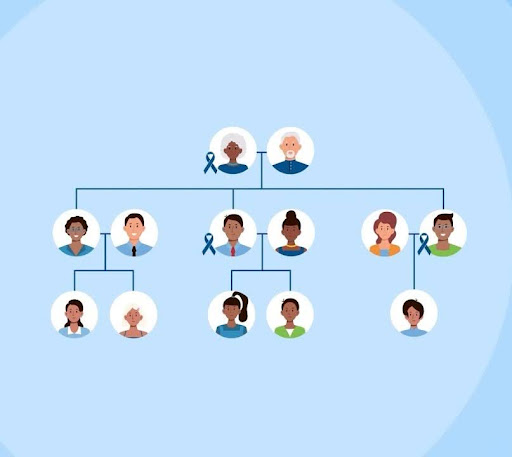What is Percutaneous Transluminal Coronary Angioplasty (PTCA)

1) What is Percutaneous Transluminal Coronary Angioplasty (PTCA)?
PTCA is a procedure to open up the narrowed heart artery using coronary balloon and stents. The procedure is accomplished using a balloon-tipped catheter inserted through an artery in the groin or wrist to enlarge narrowing in heart artery.
2) In what condition do you need a PTCA?
PTCA is needed for patients with coronary artery disease (CAD). With the increase of age, there is high chance of blockage of the vessels in the heart. The blockage occurs because of accumulation of cholesterol plaque in the arteries that will diminish the blood flow to the heart. In resulting, decrease blood supply to heart. Those patients will complaint of exertional chest pain, reduce effort tolerance, acute chest heaviness, excessive sweating and nausea. Urgent PTCA is often required to limit heart damage. If you have heart attack suspected CAD, you may need the procedure.
3) How safe is this procedure?
The procedure is very safe. The successful rate in opening coronary arteries well is over 90% of patients. However, there is less than 1% risk. The risks include recurrence heart attack, kidney impairment due to contrast used during procedure, stroke, emergency CABG, and vascular complications.
4) What are the benefits of this procedure?
The benefits include relieve of chest pain (angina). It is a lifesaving procedure for those who has acute heart attack and to improve heart symptoms.
5) What percentage of blockage would require a PTCA procedure?
A: Patients with pre-existing heart symptoms presenting more than 50% heart blockage will require PTCA. Whereas patients without heart symptoms but presenting more than 70% heart blockage will then require PTCA.
6) If one has a family history of heart disease, will it contribute to a higher risk of developing a heart disease?
Yes, strong family history of heart disease will put one person at higher risk to develop heart disease.
7) Can lifestyle modifications help or improve an artery blockage without PTCA?
Lifestyle modification will help to reduce the risk of heart attack. For those who already has significant narrowing of heart arteries, only PTCA can help to clear the lesion.
8) What are your tips for heart health to the elderly?
For elderly management, take medication regularly and exercise moderately to control all risk factors. Besides that, other lifestyle changes patients can adopt is to quit smoking as it will help to improve blood flow by relaxing constricted blood vessels. Moreover, discontinue alcohol consumption and reducing weight will also increase heart health. As for elderly diabetic patient, we don’t aim to control their blood sugar too tight as it might worsen the heart condition.
By Dr. Tee Chee Hian & Dr. Foo Yoke Loong
Consultant Cardiologist
Sunway Medical Centre Velocity
Was this article helpful?
0 out of 0 found this helpful
Suggest to Read









